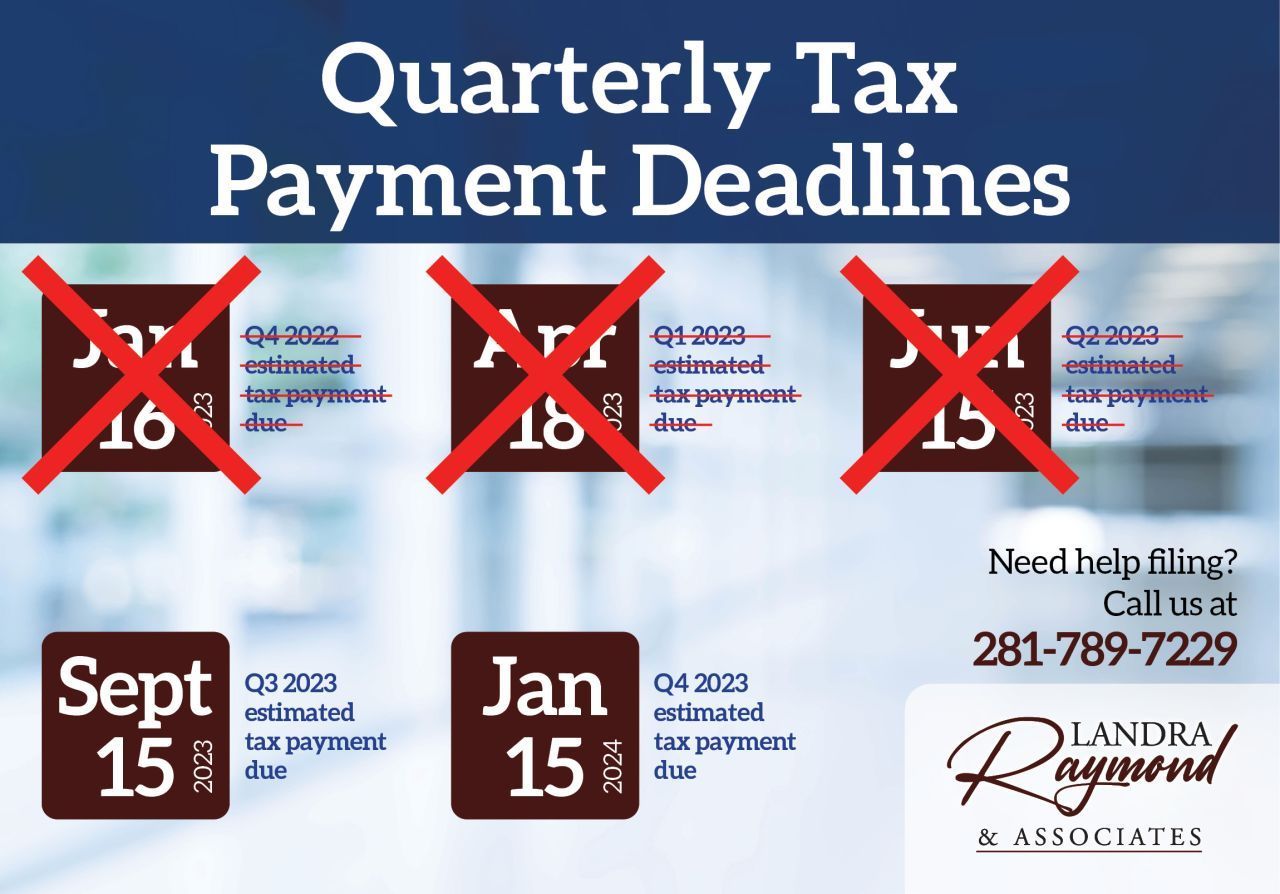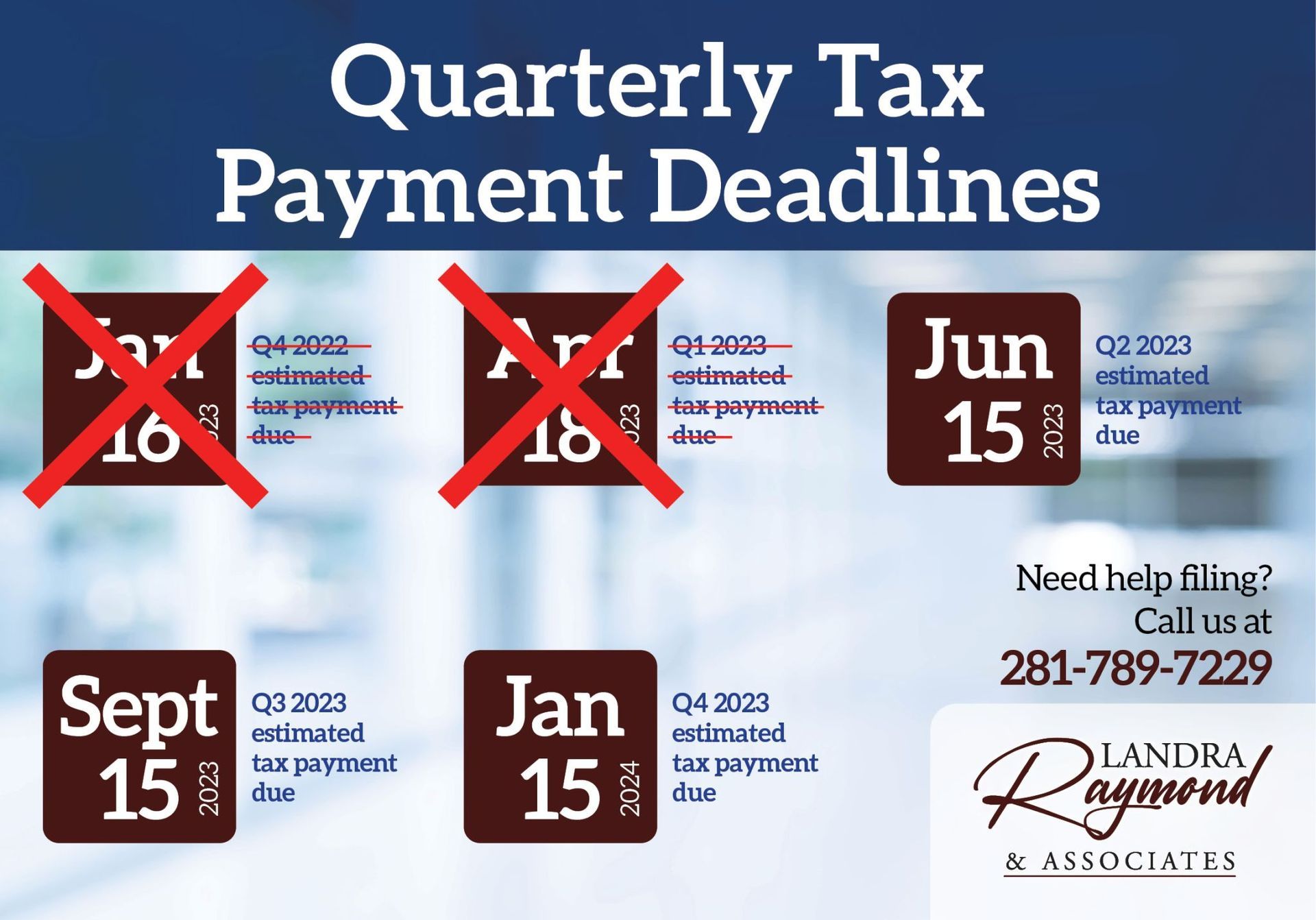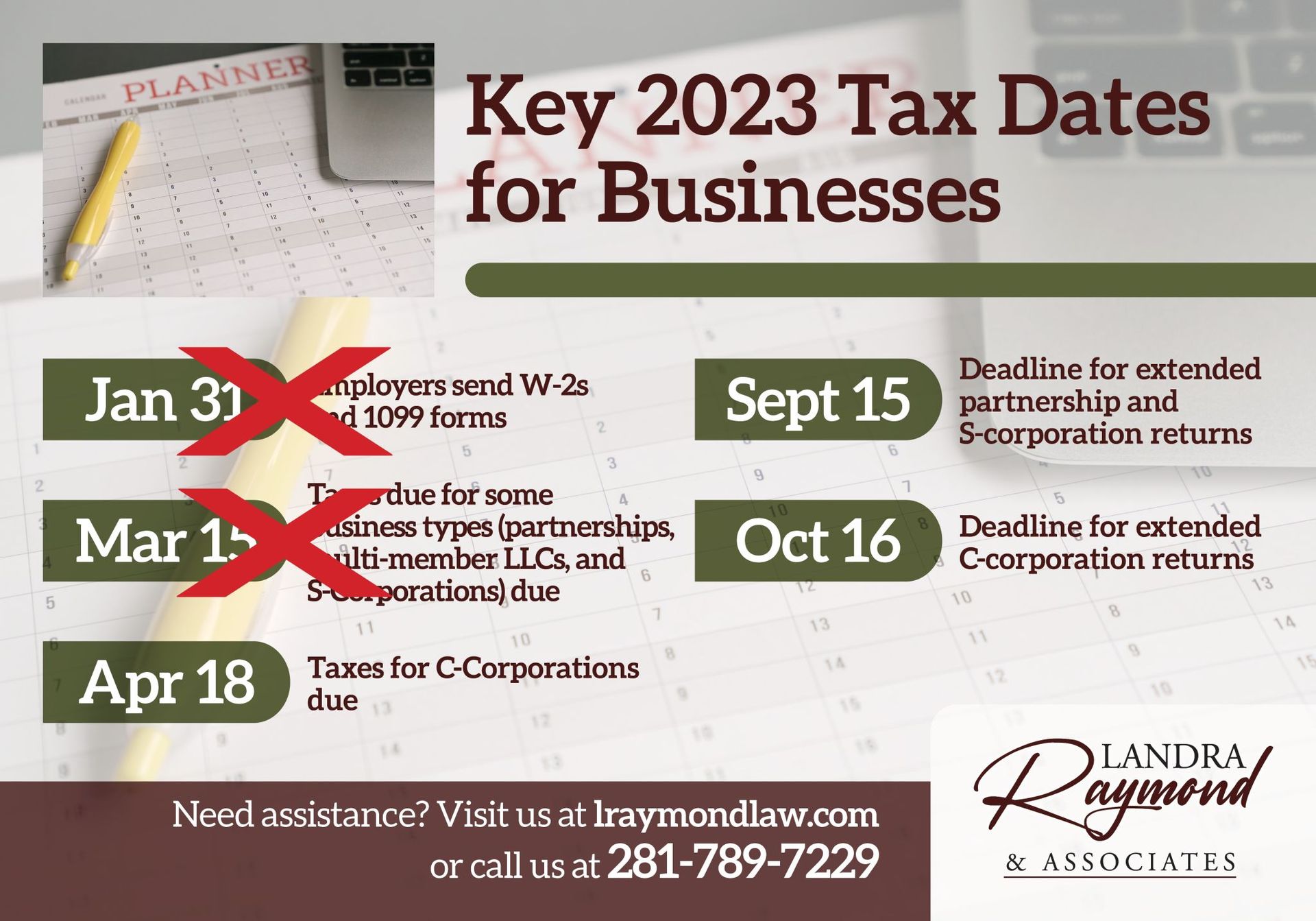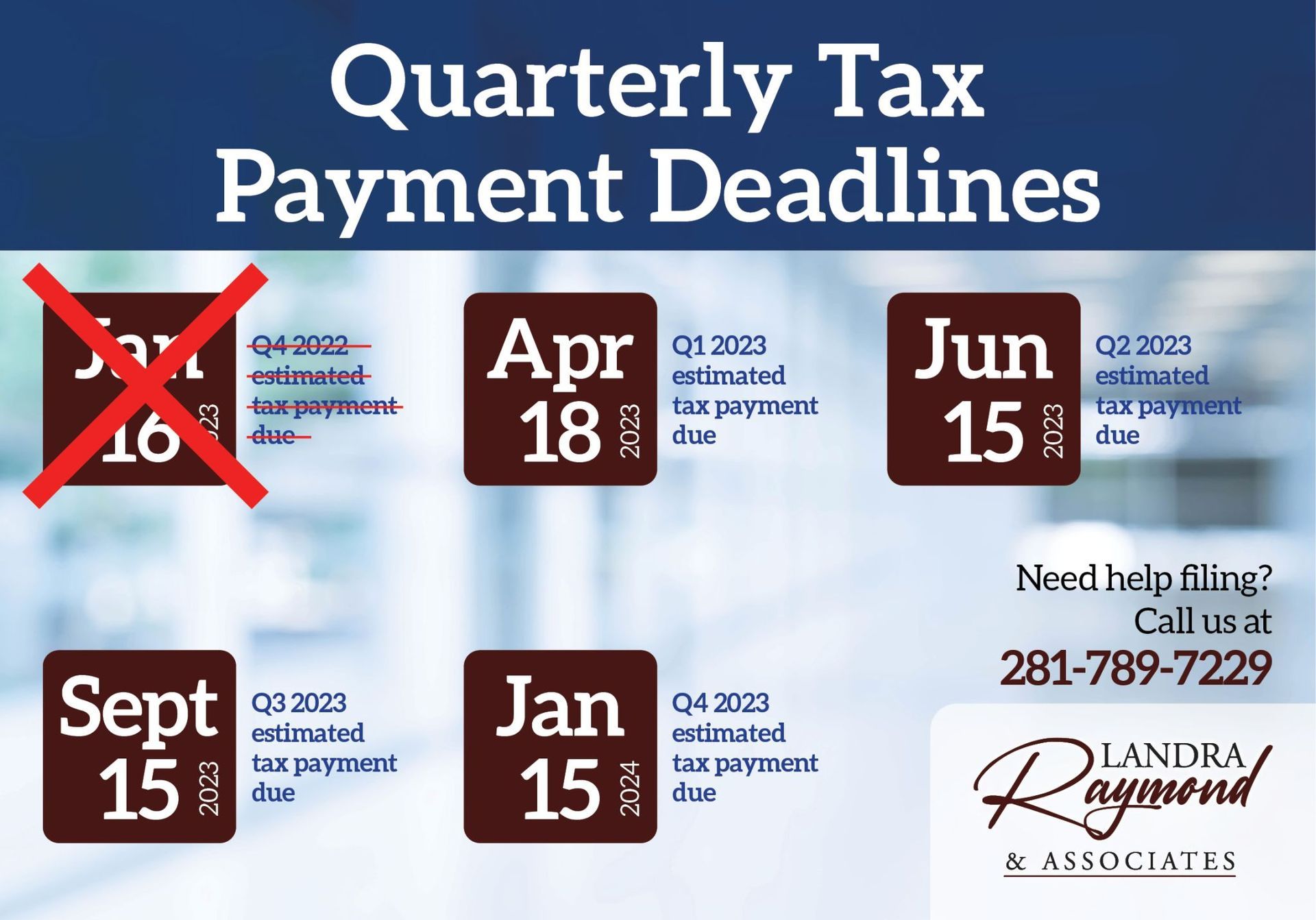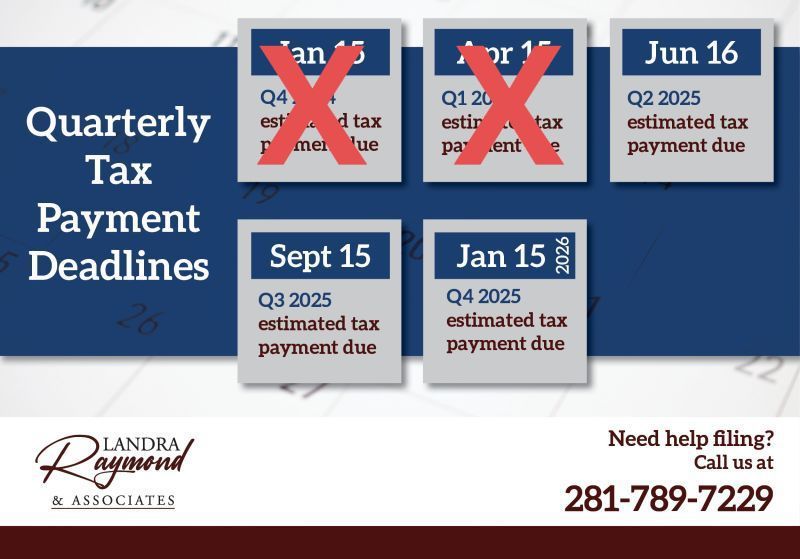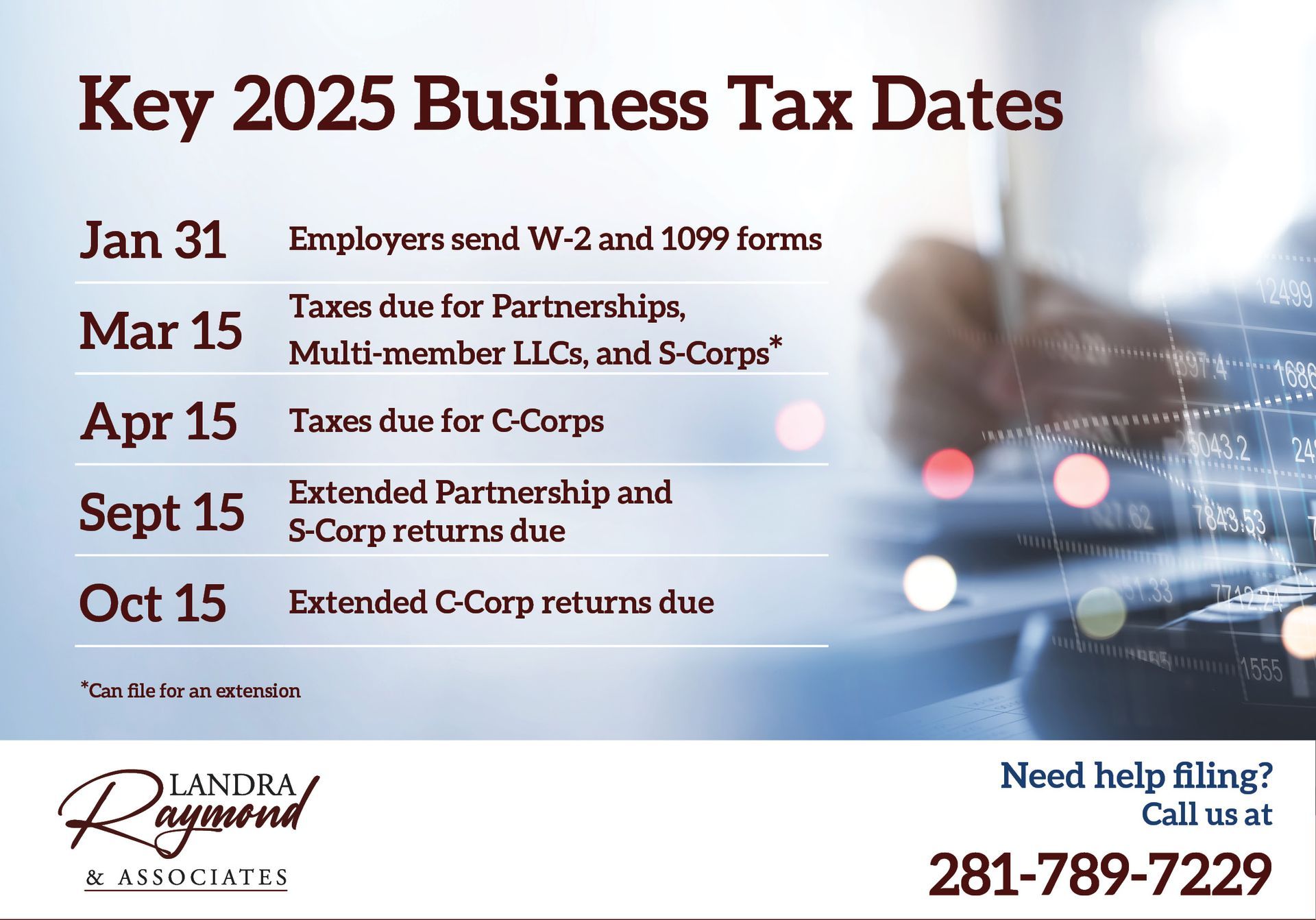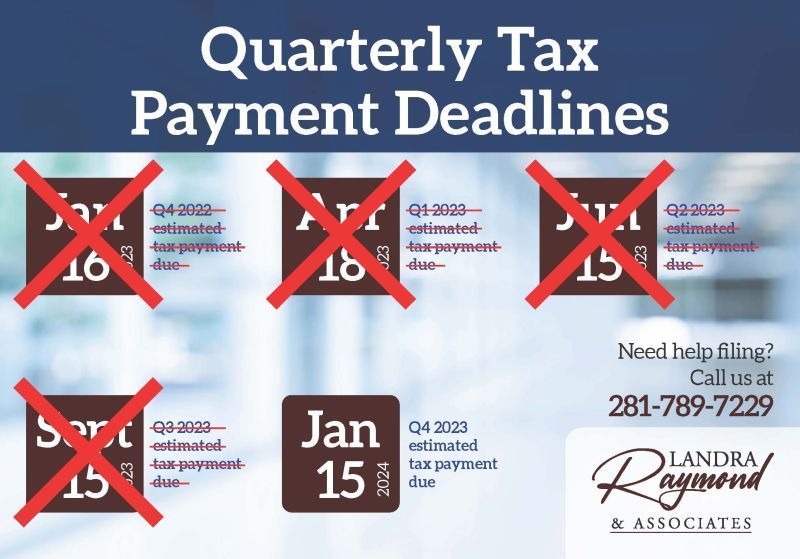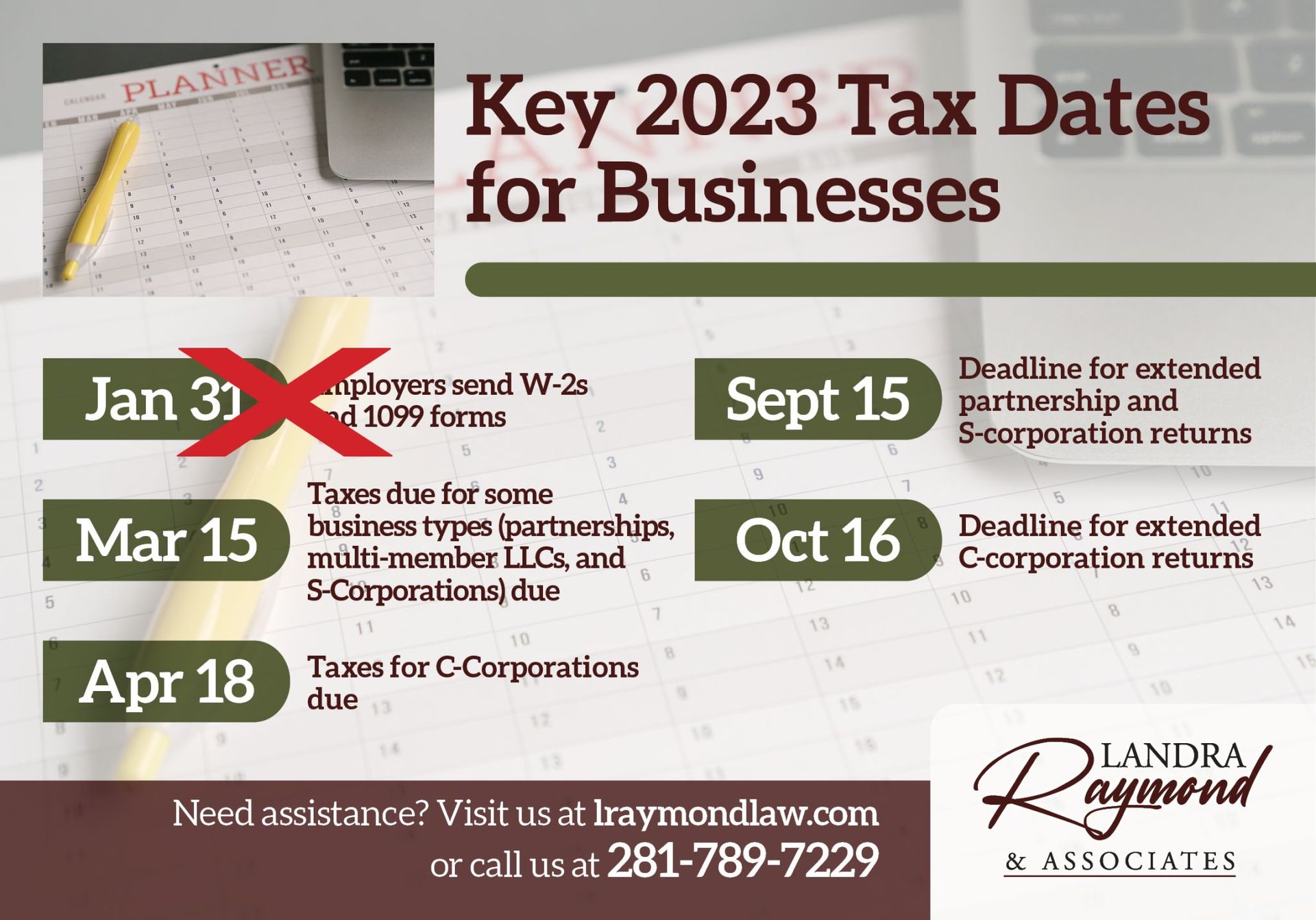Letter From the IRS? 10 Things You Need to Know.
Letter From the IRS? 10 Things You Need to Know.
You walk out to your mailbox and there it is, a letter from the Internal Revenue Service. You open the letter with dread, because nothing from the IRS could be good, right?
Before you completely stress, it’s time to address some of the widespread misconceptions people have about the IRS. Keep these 10 things in mind the next time you receive something from them.
1. Don’t Panic
First, try not to panic when you receive mail from the IRS. There are several reasons they need to connect with you, and not all of them are negative. Often, the IRS needs to contact a taxpayer in reference to a specific federal tax return or a tax account or there could be changes to the account. The IRS could need more information about a particular part of the return. Sometimes, the IRS is informing you of an owed payment or status of an account. Before you let yourself react to receiving the letter, sit down and read the entire letter from beginning to end. This lets you know what the letter is about and what is required from you.
Here are some common reasons why the IRS might contact you.
- You are owed a larger or smaller refund.
- You have an outstanding balance due.
- You need to verify your identity.
- You need to provide additional information or provide documentation.
- The IRS changed your return.
- The IRS has a question about your tax return.
- There is a delay in the processing of your return.
- The IRS has updated your account, such as a mailing address.
2. Never Ignore IRS Letters
If the IRS has sent you a letter, there is a good reason for it because letters are not sent out frivolously. Never ignore a letter from the IRS. The majority of IRS letters are about a specific tax return or an account. The IRS will also send you a letter for each specific issue. This means you could get several letters, each outlining a different issue. Never throw away a letter assuming you already know the topic because of a previously received letter.
3. Beware of Scams
The IRS will never contact taxpayers through any method other than by mail or phone. The first point of contact is almost always by mail in the form of a letter. The IRS will not contact taxpayers through text message, email, or social media. Any attempts at contact through these methods that ask for personal information are not from the IRS. If you have any doubt over the legitimacy of the contact, you can look up your tax account information on the IRS.gov website.
4. Check the Information
Do not blindly trust the information included in the IRS letter. The IRS is run by humans, and they can make mistakes. It is always good to double-check the information stated in the letter to verify its accuracy. If you find that the decision or information is incorrect, you need to respond to the IRS with the correct information. This is called a dispute letter, and you should also include any necessary documentation to supplement your dispute.
5. You May Not Need to Reply
Letters are the main method of communication for the IRS. Not every letter requires a response. If the IRS needs to inform you of an action it took, then you will receive a letter. If the IRS sends you a letter informing you of a change or correction to your tax return, then you do not need to reply if you agree with the correction and there are no instructions for further action or payment.
If you do need to reply, this typically involves writing a response letter, filling out a form, or submitting documentation. There will be a tear-off portion on the notice that you will include with the response or payment and send it to the address on the upper left-hand corner of the letter.
6. Pay Attention to Deadlines
If your IRS letter requires a response, do not wait. Your letter will typically outline the deadline that you need to reply by. Waiting and not responding in a timely manner can lead to additional penalties and fines. Additionally, a timely response can help minimize the additional interest that accrues on the amount of taxes you owe.
7. Always Make a Copy
Always make a copy of any letter you receive from the IRS. First, this gives you multiple copies so that you can include one in your response. Or you can submit one to a tax professional that you’ve hired to help you. Keeping two copies of your letter also ensures that you do not lose your documents and have a complete record of your correspondence with the IRS. Should something happen to your first set of documents, you have a backup. Additionally, save the documents for at least seven years. This ensures you have an accurate record should anything arise in the future relating to the current issue at hand.
8. Follow Directions
Carefully read your letter and follow the directions outlined. Not following the included directions can lead to increased penalties and fines owed because it delays the process as the IRS thinks you did not respond in a timely manner. For example, send any responses to the listed address on the letter. The IRS has many offices, and you need to send your correspondence to the correct location.
9. Seek Out Assistance
While you can read and respond to letters from the IRS on your own, you do not have to. There are tax experts that can help you. Seeking assistance from one of these experts can give you insight and guidance into the letter. Despite being told not to panic, it can be hard not to. Working with a professional can assuage these feelings by giving you the confirmation needed to calm your nerves. If your letter references something more serious, your hired professional can provide you with the necessary guidance to handle the situation appropriately.
10. Be Patient
When you send a correspondence letter to the IRS, it can take time for them to process everything. It can take up to 30 days for the IRS to process your response and issue a follow-up letter. Responses can take even longer due to the post-Covid backup. While you do not need to follow up on the status of your response, you can call the IRS toll-free numbers to get a status update. If a particular person from the IRS is handling your issue, then it is possible their direct line is on the letter. It will be in the upper left corner.
Address Your Letter From the IRS
If you have received a letter from the IRS, then it is time to act. Do not panic but read your letter carefully and determine the purpose of the letter. If it is just a notice and requires no action, then you’re done. If you need to respond, make sure to do so by the stated deadline. If you feel confused, overwhelmed, or just want a second opinion, consulting with a tax professional can provide you with much-needed guidance.
With decades of experience dealing with accounting, tax, and legal projects, the Landra Raymond & Associates team can help. Contact our firm today and let our skilled professional assist you with your letter from the IRS (and more).


